The more you get used to something, the easier it is to take it for granted. Take online shopping, for instance. Find your product, click ‘Add to cart’, pay and bam, it shows up at your doorstep in the next couple of business days almost magically. However, Kerry Logistics Network knows it’s not magic; it’s the result of a very well-connected and healthy supply chain – unfortunately, it’s the same one that’s been severely disrupted due to the devastating effects of COVID-19.
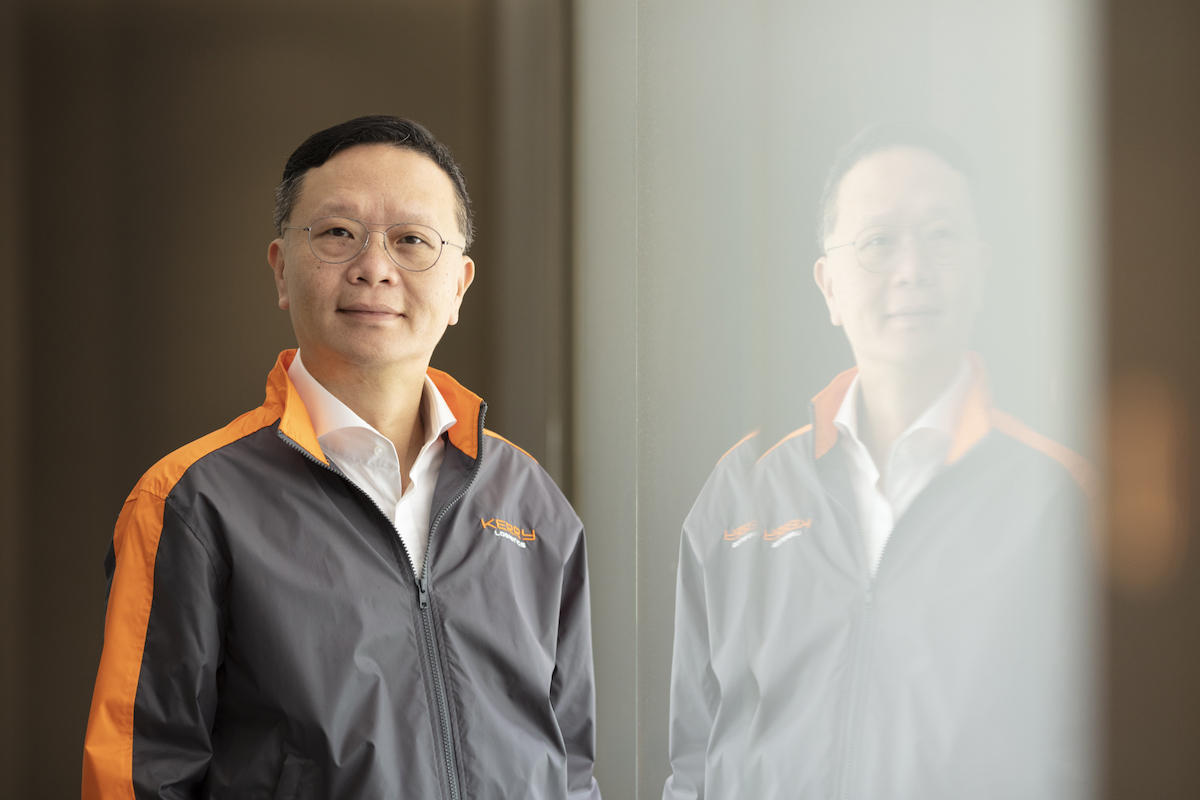
“The only thing people still take for granted is the courier,” says Group Managing Director William Ma. “You order goods online and expect them to come to your place. In the past, some of the world’s largest e-retailers could guarantee the timing, saying the items you bought would arrive in three or four days. Now, they can’t. They can’t guarantee because there are so many disruptions in the inventory.”

And according to William, ecommerce isn’t even faring the worst from the pandemic. Manufacturing is. “Imagine you’re in the manufacturing world, and you need certain raw materials to produce a mobile phone. Say that’s 800 different components, and you don’t know when the material will arrive in your factory. You miss out on just one component, and you can’t assemble the phones,” he says. “This has been happening for a year-and-a-half now. Supply is not as stable as it was before. And now prices are going up all over the world.”
“No matter how bad the situation is, our staff is committed to working at the front line in order to offer stable, nonstop services for our customers. If we didn’t, there would be major disruption.”
Kerry Logistics Network offers a broad range of supply chain solutions from integrated logistics, international freight forwarding – air, ocean, road, rail and multimodal – and industrial project logistics to cross-border, ecommerce, last-mile fulfilment and infrastructure investment. So, to say that COVID-19 has been a disruption to its business is quite the understatement.
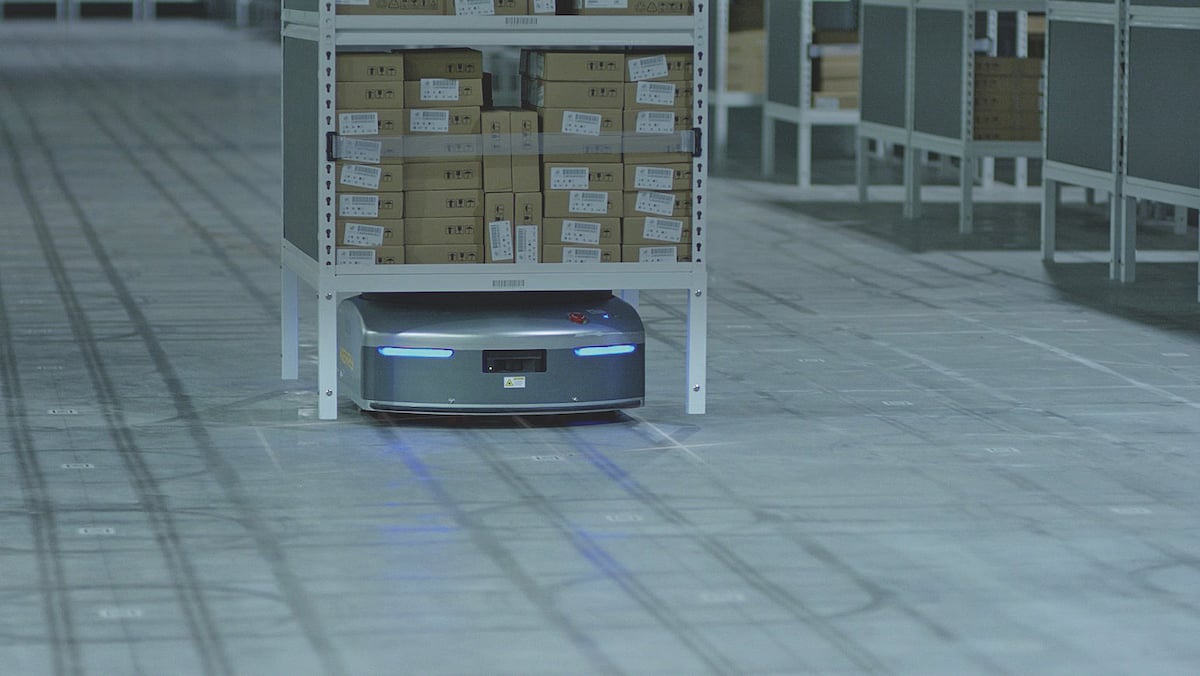
Kerry Logistics Network generated a revenue of more than HKD53 billion (US$6.8 billion) in 2020 and is the largest international logistics company listed on the Hong Kong Stock Exchange. The group was also selected as a Member of the Hang Seng Corporate Sustainability Index Series 2020–2021.
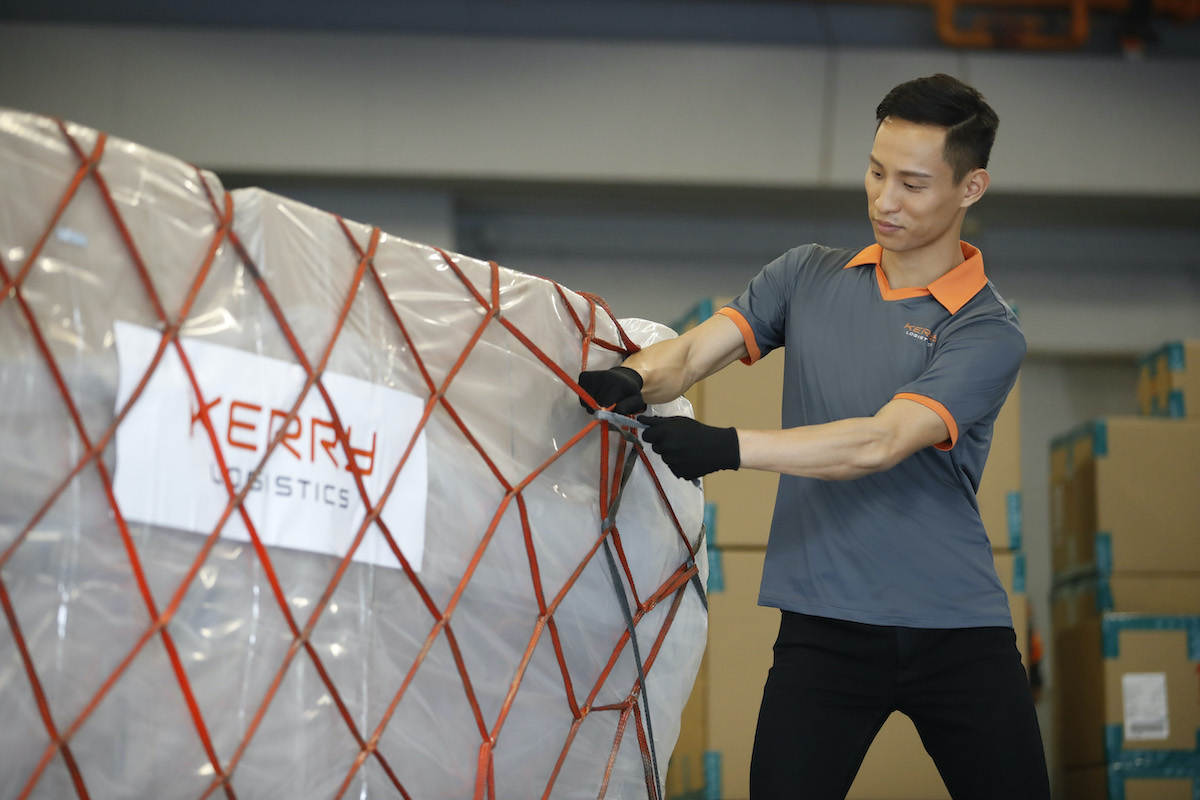
“Because of COVID-19, we can’t travel, but we still have to move six containers per minute,” William explains. “We are now forced to manage the entire flow on Zoom or Microsoft Teams, and it’s not efficient. It’s a lot of pressure. Fortunately, we have a robust network. We’re in 60 countries, and we’ve been in business for quite a while, meaning we have the infrastructure. So, for a logistics company, we’re a lot luckier than most.”
However, it will take more than good fortune to overcome the ongoing effects of the pandemic, he admits. “The post-COVID world is going to be very different. I don’t think we can get back to 2019,” he predicts. “From a manufacturing and selling perspective, a lot of current infrastructure that has been built in the past two decades has been destroyed. It will take the global supply chain at least two to three years to return to pre-COVID levels.
“In the past, it was easy to take these things for granted. But now, we must rebuild. Nobody knows when this pandemic will end, so we have to prepare to deal with this new way of doing things.”
With a team of more than 41,000 people, the company’s first order of business has been to ensure its staff’s safety and wellbeing during this trying time. “In logistics, we can’t work from home. We must be on the front line,” William stresses. “Our people have to be at the seaport and the airport to clear customs, get it in cargo and load it from the container and off the aircraft, and then back onto the truck. We also need people to work in warehouses, otherwise things won’t make it to their destination.
“So no matter how bad the situation is, our staff is committed to working at the front line in order to offer stable, nonstop services for our customers. If we didn’t, there would be major disruption. Therefore, safety is our top priority.”
Since COVID-19, William admits the company’s future plans have basically gone up in smoke as putting out fires left and right has become the norm. “It doesn’t make much sense to spend a lot of time and effort on future planning when our customers are counting on us right now to make sure there’s no disruption in the supply chain,” he says. “It’s a lot of firefighting. We’re dealing with different challenges because of the pandemic’s impact in various countries and cities.”
Yet, despite all of this “firefighting”, William remains rather unruffled by it all. His composure comes from the confidence he has in his team. “You have to stay calm,” he smiles. “I have to lead the team to deal with all of this. This has become a new normal for us. And I believe we can count on our professional, dedicated team.”
The way the business moves fluidly throughout this incredible challenge has a lot to do with its internal culture. “We’re quite relaxed. As one of the very few Asia-based global logistics companies, I’d say we benefit from our Asian hospitality,” William reflects. “Our competitors are mainly from Europe and appear to be more rigid in their operations. We tend to be more practical, more human – especially with all of the challenges we’ve had to deal with together with our customers over the past year.”
Despite the challenges, Kerry Logistics Network has continued to thrive, innovate and grow. Earlier this year, the company announced a proposed strategic cooperation with SF Holding, leveraging their core competencies across multiple verticals to create a leading, Asia-based global logistics platform to meet customers’ ever-changing demands.
This partnership is expected to create significant synergies to boost both companies’ growth and leadership in the logistics sector, bringing value to its investors.
“SF is the largest express company in China,” William explains. “They’re very strong in B2B, and they have a lot of customers. This partnership will bring us a good client base in China, while allowing us to support SF outside of China.”
“It doesn’t make much sense to spend a lot of time and effort on future planning when our customers are counting on us right now.”
William, who began his career with Kerry Logistics Network in 1990, says the logistics of the past was much simpler than the logistics of today, largely thanks to globalisation. However, in some ways, that’s a good thing because even after more than three decades with the company, he never tires of his work.
Branching out
On Christmas Eve 2020, Kerry Logistics Network announced that it completed the spin-off of its subsidiary, Kerry Express Thailand (KETH). “We are very proud of this successful spin-off and listing, and the enthusiastic reception from investors,” William said in a statement. “KETH is now a true Thai company that belongs to the Thai people to serve the Thai population. Kerry Logistics Network has nurtured KETH’s growth through the years and has been encouraged by how it has prospered.
“By now, Kerry Express Thailand has become a byword for excellence in delivery service in Thailand. With the leadership of an outstanding management team and capital from the listing, we are confident that KETH’s future triumphs will reach new heights and be the standard to which all are measured.”
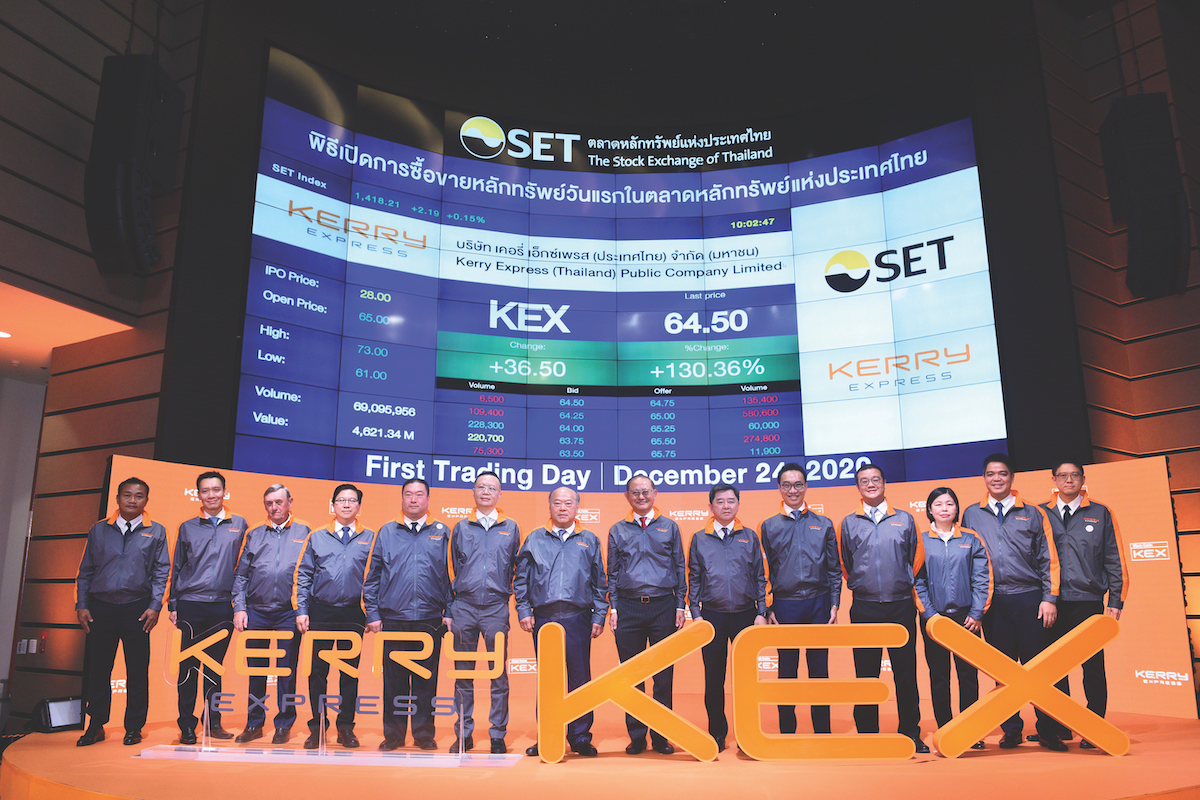
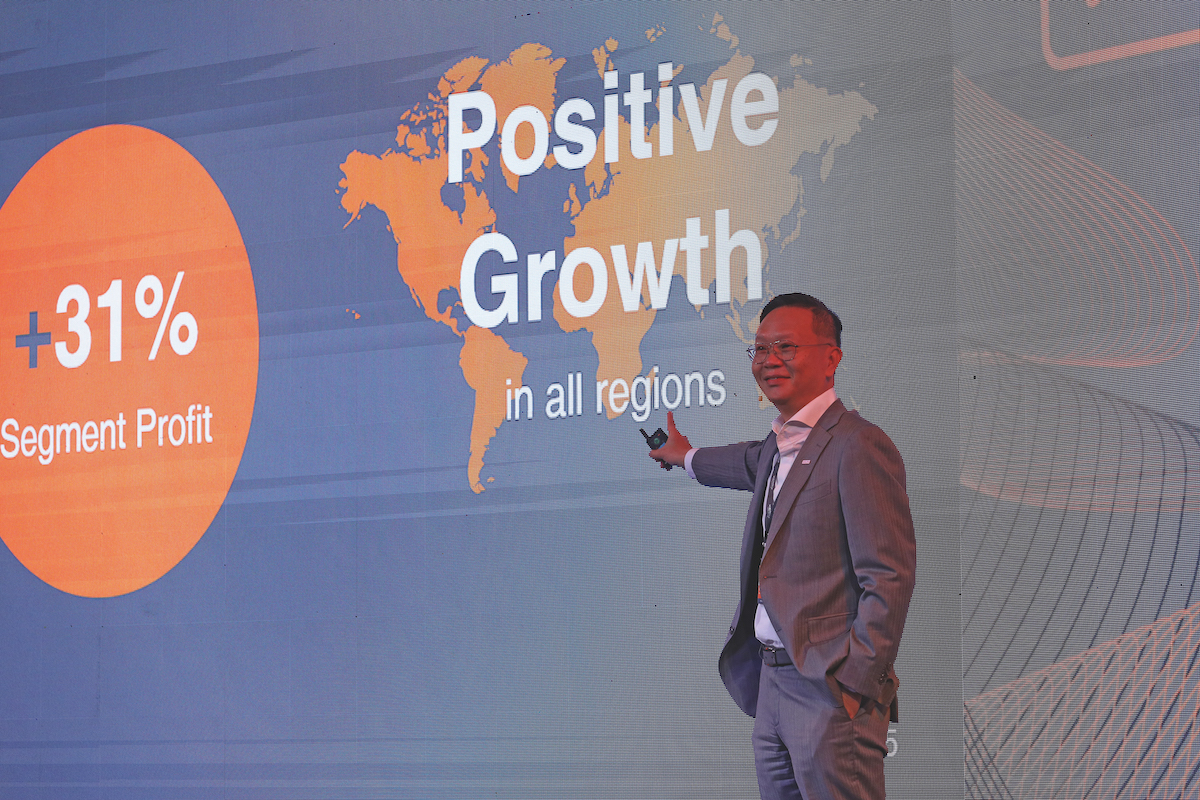
“One thing’s for sure, you’ll never get bored in this industry,” he grins. “I never plan my schedule for the afternoon because there will always be new things coming in for me to deal with. That makes work life more interesting.”


